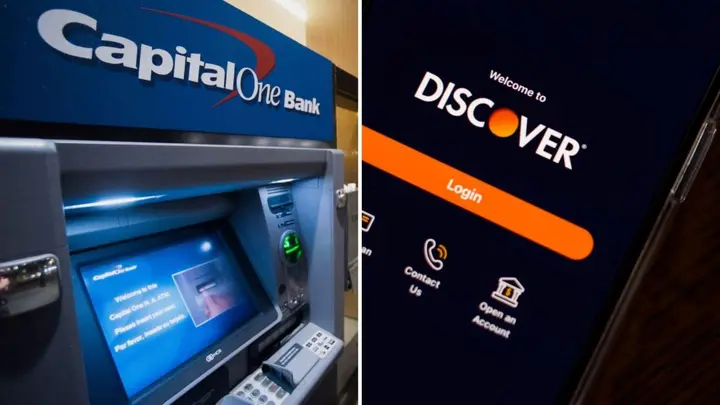
In the wake of Capital One announcing plans to purchase Discover earlier this week, opposing views have already emerged over whether the deal — if it goes through — will be good or bad for consumers.
One camp argues that the acquisition would benefit consumers because it combines two major players in the industry and puts Capital One in a better position to compete with dominant behemoths Visa and Mastercard, thereby driving down costs.
John Berlau, director of finance policy at the Competitive Enterprise Institute (CEI), said in a statement, “This proposed merger of a credit card issuer with one of the relatively smaller credit card networks comes at a time when there are numerous payment options, including Venmo and Zelle, and new credit options such as buy-now-pay-later.”
He noted that Discover is the fourth-largest payment network, and far behind its rivals in its share of the credit card market.
“By boosting this card network’s resources, the merger could actually create more robust competition against Discover’s bigger rivals, leading to an increase in benefits for consumers,” Berlau argued.
The other side says the deal would consolidate the industry further, providing Capital One with more leverage to lift fees.
Progressive Sen. Elizabeth Warren, D-Mass., a member of the Senate Banking Committee, took to X to call for regulators to stop the deal.
“The merger of @CapitalOne and @Discover threatens our financial stability, reduces competition, and would increase fees and credit costs for American families,” Warren wrote. “This Wall street deal is dangerous and will harm working people. Regulators must block it immediately.”
Experts told Reuters that to boost its chances of getting the deal approved, Capital One will have to show it will share some of the deal’s $2.7 billion in projected pre-tax cost-savings with consumers.
“At the end of the day, the current regime of regulators wants to know if, and how, this merger will benefit consumers,” said Abiel Garcia, a former deputy attorney general for the California Department of Justice who is now an antitrust lawyer with Kesselman, Brantly & Stockinger.




























